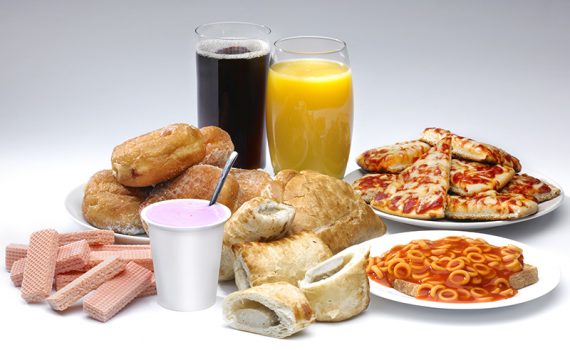
Specifically, the analysis was carried out in Spain by researchers from the Center for Biomedical Research in the Epidemiology and Public Health Network (CIBERESP) and the IMDEA-Food Institute, whose results have been published in the journal ‘The Journals of Gerontology’.
The Infosalus medical website, edited by the Europa Press news agency, defines ultra-processed foods as “those that have undergone physical and chemical transformations during their preparation and that maintain little or no natural food content in their final presentation originals ”. Its consumption is associated with the development of chronic diseases, metabolic risk factors, as well as cancer and higher mortality.
The study evaluated the impact of foods such as cookies and sweets on the appearance of frailty in older adults. The researchers followed 1,822 people ages over 60 years for three and a half years, belonging to the Seniors-ENRICA I cohort, representative of the elderly population in Spain. About 132 people developed frailty syndrome.
“The results of this study made it possible to determine that older adults who had a higher intake of energy from ultra-processed foods had a risk up to 3 times greater of developing frailty syndrome than those with less consumption of these products,” he explained Pilar Guallar, one of the study coordinators.

Carrying out a correct diet was a challenge during confinement, a period in which outdoor exercise and social gatherings were limited. At the beginning of the pandemic, the World Health Organization (WHO) published guidelines for eating properly.
FUNIBER sponsors numerous university programs aimed at offering professionals complete and up-to-date information on the different common pathologies during aging. One of the courses offered is the Master in Gerontology.